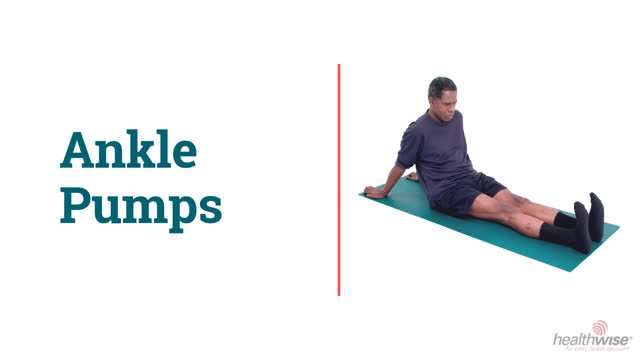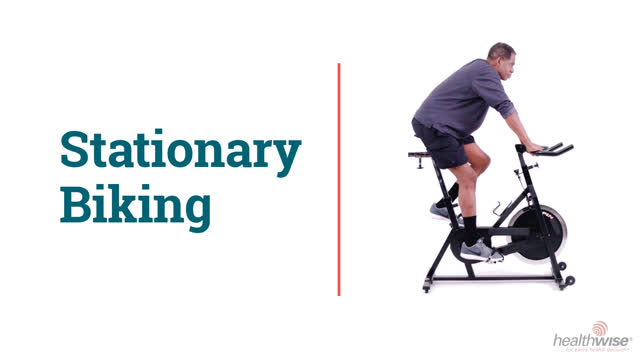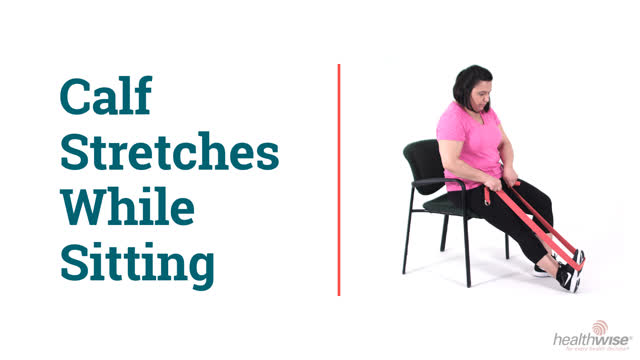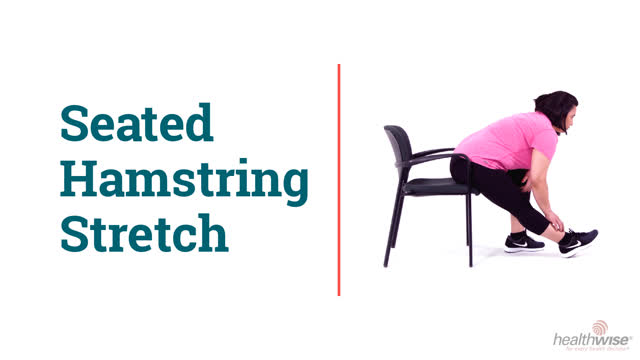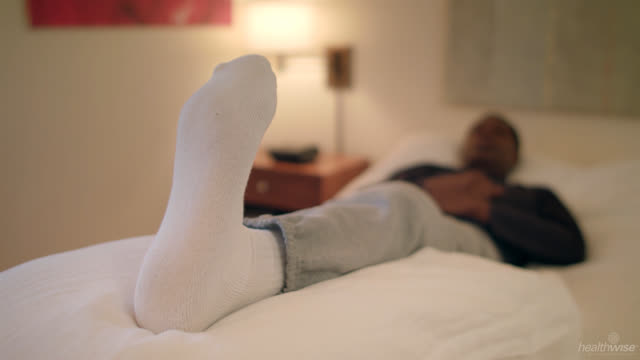Topic Overview
Painful knee arthritis can keep you from being as active as you need to be. You may not walk as much. You may avoid going up and down stairs. But when you don’t move that knee as much, the ligaments, tendons, and muscles around it can shorten and get weaker.
Movement also pumps fluid in and out of the joint space, which helps your knee stay healthy. When you don’t move as much, you lose some of that natural pump action.
How can physical therapy help knee arthritis?
The goal of physical therapy is to make daily tasks and activities easier. For example, it may help with walking, going up stairs, or getting in and out of bed.
Physical therapists provide treatments you may need when knee pain makes it hard to move around and do everyday tasks. These treatments may help you move better and relieve pain.
You might only be able to have a couple of visits with a physical therapist. But you can learn a lot, including:
- How your knee works and what arthritis does to the joint.
- Ways to put less stress on your knee, such as carrying lighter loads, losing extra weight, or using a cane.
- How to use heat or cold at home to help your pain.
- Ideas for activities and exercises that will make your knee stronger.
How does physical therapy for knee arthritis work?
After examining your knee, the physical therapist will work with you to make a treatment plan that fits your exact problem and your needs. The goals can include reducing your pain and swelling, and increasing your flexibility, strength, balance, and endurance.
Your therapist may use:
He or she may also use heat and cold and may teach you how to use these techniques.
Physical therapy almost always includes exercise. It can include stretching, doing core exercises, building strength, and walking. You may learn exercises that help in surprising ways—strong core and hip muscles can help control knee pain and make you more able to be active. Your therapist will also teach you exercises that you can do at home.
Your therapist may consider whether some type of knee brace may help you.
Is physical therapy painful?
Some types of physical therapy may cause soreness, or even swelling. If it bothers you, be sure to tell your therapist.


